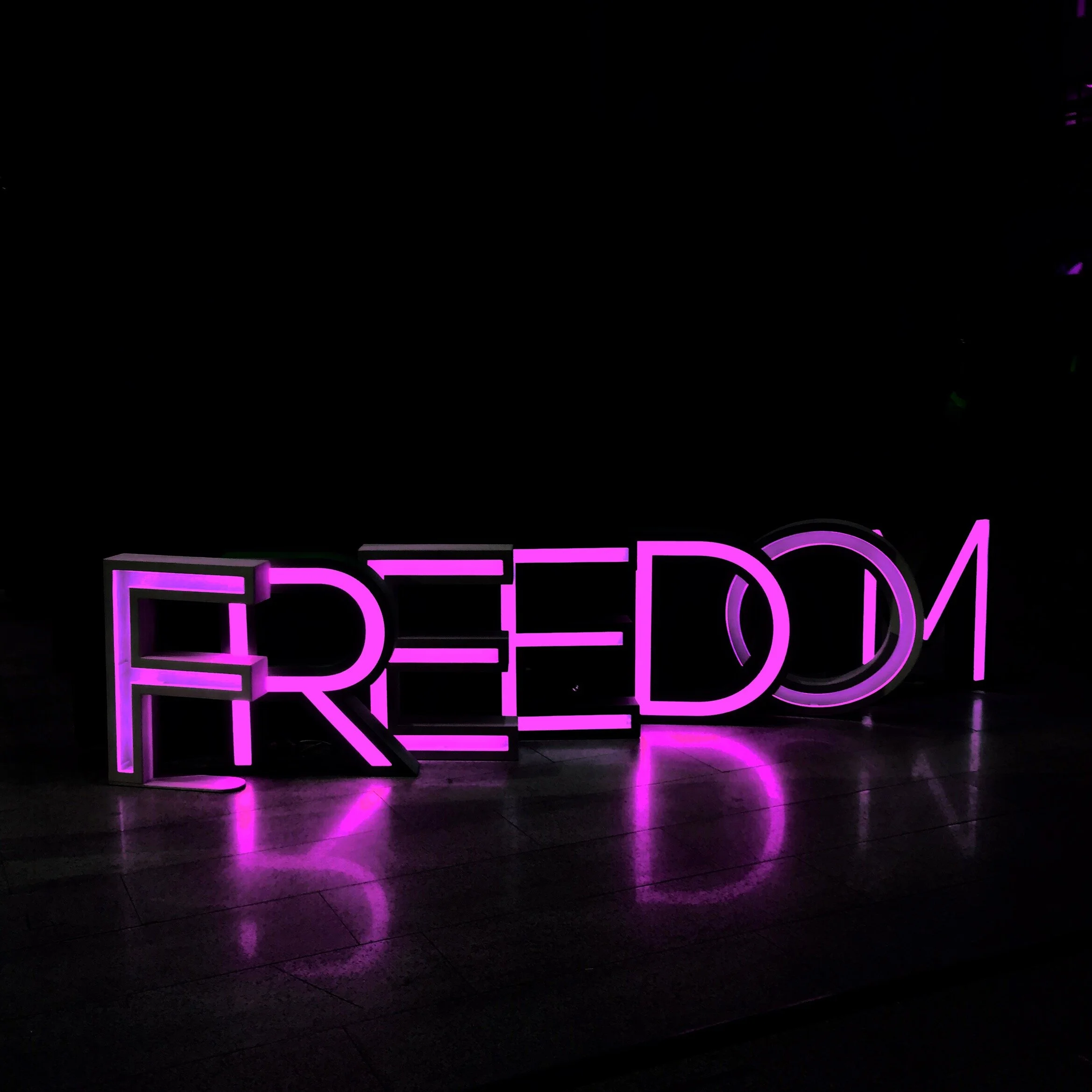[W]ith the impact of climate change, wildfires raging out West, continued political unrest, and the spread of the Delta variant…[t]hough we are in a much different place than we were last year, we are heartbroken and afraid. Divine light, the Source of All Blessing, at times feels altogether absent. It is precisely because of this that Torah says to us this week: Re’eh / “Look! I put before you this day a blessing and a curse.” (Deut. 11:26).
Read MoreWe can all think of times when our own dire predictions did not come true, right? When healing and transformation came from unexpected places. Isaiah encourages us this week to let go of our certainty, and instead open to possibility…. Negative predictions provide us with a false and dangerous surety — distract us from what we can do to build the just and loving world our grandchildren, and their grandchildren are counting on us give them. As we approach a new year, and all we hope to see and do, Isaiah reminds us that the future is still in our hands.
Read MoreThis week, Torah tells the story of our ancestors’ settlement in the Promised land. We usually think about their travels as one grand journey from Egypt to the Promised Land. But Torah breaks their travels into many small parts: Our parasha starts: These are the marching-stages of the Israelites who left the land of Egypt (Numbers 33:1)…. In the midst of wilderness moments in life — times of danger or uncertainty — we simply can’t make sense of our situation; it’s only as we arrive near the end of the journey that we can speak about how we got there.
Read MoreThough LGTBQ Pride month is celebrated these days with a popular parade supported by corporate sponsors, it wasn’t always this way: the reason we celebrate in June is to commemorate the 1969 Stonewall Uprising, a spontaneous act of resistance, at a time same-sex relationships were punished as crimes. This uprising became known as the major turning point in the Gay Liberation Movement. Judaism and other religions, too, were countercultural in their founding: they arose as spontaneous acts of resistance to challenge an oppressive status quo, and offer a prophetic vision of a just and liberated future.
Read MoreStill reeling from the sting of the community’s rebellion, and despite his allegiance to his brother, Moses Aaron defends the people against the plague:
וַיַּעֲמֹ֥ד בֵּֽין־הַמֵּתִ֖ים וּבֵ֣ין הַֽחַיִּ֑ים וַתֵּעָצַ֖ר הַמַּגֵּפָֽה׃ / And Aaron stood between the dead and the living until the plague stopped. (Num 17:13)
Imagine him on the front lines, putting himself at risk for those he could easily consider his enemy. In the face of death and adversity, he chooses life and peace.
Read MoreIn one way or another, we have all been “far off” unable to mark important moments in our lives and those of friends and family – birthdays and shivas, holidays and Shabbat, graduations and weddings – in ways that felt real, with a celebratory hug or comforting touch. So Torah reminds us today we need not feel permanently exiled, like we missed out on something we can never make up. Instead, God invites to come back, to try again another time…. More important than doing things at the right time, is our willingness to try again later, to return to community as we’re ready and able.
Read MoreThe Talmud teaches that the way to relate to the wilderness, though it’s extremely challenging at times, is to — rather than fight the wilderness — instead make ourselves like the wilderness, open to receiving each experience, the joyful and the difficult, with an open heart, listening for what we could learn from it. When we do this, the Talmud says, Torah is given to us as a gift.
Read MoreOne of the special times Torah describes this week is called “the Omer”, the 7 weeks we are in, between Passover and Shavuot (a holiday that celebrates receiving Torah at Mt. Sinai). These weeks, like other special moments in our lives remind us of some basic truths we too easily forget. The Sefat Emet, a 19th century Hasidic rabbi teaches Passover is the season not just of freedom but of our own personal liberation.
Read MoreWe journey toward the lives we had incrementally, as we navigate, outside our community, a world that still mostly hasn’t had access to the vaccine. While it would be so easy to put our hopes and expectations on hold until everything was exactly the way we wanted it to be, our tradition challenges us to instead use this time intentionally. Torah could have simply instructed us to observe Shavuot — the day we commemorate our gathering at Sinai, right after Passover, our moment of liberation — but it instead instructs us to build in 7 weeks, between these two central moments in our people’s story.
Read More







